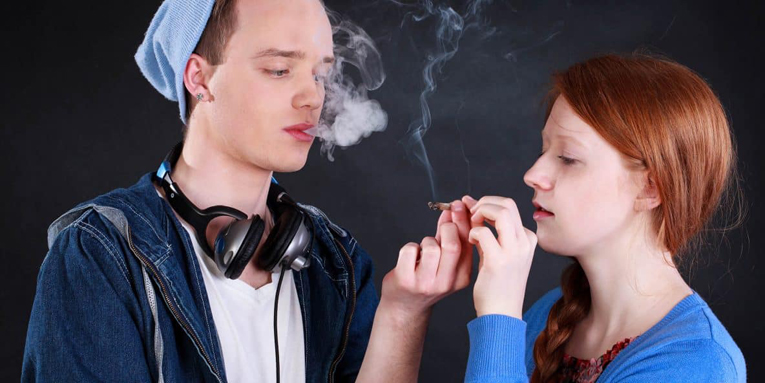
Successful substance-abuse treatment for teens, experts say, begins with early identification and intervention. Read this guide to learn how to keep your son or daught off drugs.
"Parents need to remember that it is a treatable disease - and No. 1, that it is a disease," said Dr. Steven Matson, an addiction physician at Nationwide Children's Hospital. "It's not a mental or moral failure.
"The sooner we can catch these kids and the less amount of time they are using, the better chance we have for a good outcome."
Recognizing early signs - and, notably, how they differ from typical moody teen behavior - is paramount.
Changes might occur in many aspects of a child's life: behavior, personality and physical appearance.
Parents might see a drop in grades or unexplained absences from school, said Paul Coleman, president of Maryhaven, a treatment facility on the East Side with 52 inpatient beds and 75 outpatient slots for adolescents.
An outgoing teen who is abusing drugs might become withdrawn. A son once passionate about football might quit the team, or a daughter might start showing interest in dark music.
"The best way to test children for drugs is with their own eyes," Coleman said. "And the major thing parents need to watch - and watch like a hawk - is a change in friends."
Friendships become very important during adolescence, and peers serve as the biggest influence on one another, Coleman said. If friends change - especially if the new friends are kids whom parents haven't met - consider the shift a red flag.
It's akin to the adage "Show me your friends, and I'll show you your future," Franklin County Sheriff Zach Scott said.
Physical signs of drug use, Scott said, include bloodshot eyes, an unkempt appearance, tiredness and slurring.
A teen might use incense to cover up the smell of smoke. Parents might find unusual paraphernalia in a child's bedroom.
Teens might hide drugs in a number of places, including in everyday items - a computer mouse, aspirin bottle or lunchbox - with hidden compartments.
He has even seen a hockey puck double as a pipe.
Parents might notice money and gifts missing or pills disappear from a medicine cabinet.
"The first people drug users victimize are their family," Scott said.
When drugs are involved, Matson said, more than one realm - appearance, social circles, school performance, interests - are typically affected, thus allowing parents to discern between a potential substance-abuse problem and normal teenage irritability.
"If they're being crabby at home and not getting along with parents but are still doing well at school and on the football team," Matson said of adolescents, "we don't have concern until those other areas go."
The best way to know where your teenagers are is to have the kind of relationship with them in which they tell you -- truthfully. But for those whose relationships are a bit strained, well, there's an app for that. mSpy is the top used cell phone tracking app worldwide, according to TopTrackingApps. Its main selling point is that you can monitor multiple things with it -- who they call, what they text, which apps they use, the number of contacts, GPS location, etc.
In order to protect our children better, we need to take measures.
Get best spy app to spy your kid:
1. Early detection
2. Advanced signals
3. Parental action
4. Treatment options

No comments:
Post a Comment